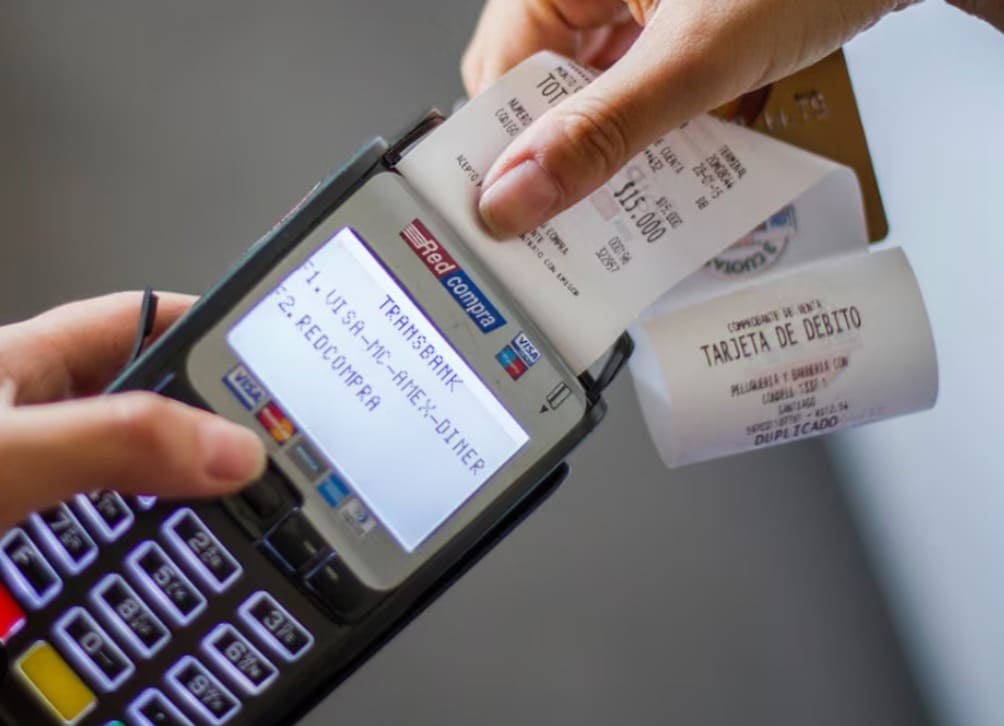On March 1st, Exempt Resolution No. 121 of December 19, 2024 (the “Resolution”), issued by the Internal Revenue Service (“SII” for its initials in Spanish), comes into effect to properly safeguard fiscal interests.
The Resolution reiterates certain requirements and establishes new obligations for supermarkets and restaurants regarding the issuance of invoices to prevent invoices from being issued for the acquisition of goods that do not grant the right to a tax credit, thereby preventing their improper use. Specifically, the Resolution:
- Reiterates the obligation to issue sales and service receipts for all transactions carried out with end consumers.
- Restricts the issuance of invoices by supermarkets and restaurants exclusively to the sale of goods directly related to the taxpayer’s business or economic activity.
- Limits the number of checkout registers authorized to issue invoices in a supermarket to 10% of the total when there are more than 10 registers. Otherwise, only one register may be designated for this purpose. This obligation does not apply to wholesale supermarkets.
- Reiterates the obligation to clearly detail in the invoice description the object of the purchased product. For invoices issued by restaurants, it establishes the obligation to indicate the purpose of the consumption (e.g., business or office lunches and dinners).
- Reiterates the obligation to require the presentation of the electronic RUT (e-RUT), showing the authorized and registered user for its possession and use, either in printed form or displayed on a mobile electronic device.
- Establishes the obligation to verify the identity of the authorized holder of the e-RUT by checking it against the national identity card, which must be presented by the purchaser.
- Establishes the obligation to record the RUT number of the authorized e-RUT holder making the purchase in the invoice.
- Requires the implementation of internal control procedures to ensure the issuance of invoices in accordance with the Resolution’s instructions, along with the obligation to inform the general public of these instructions through prominently displayed signs in their establishments.
- Establishes that issuing invoices in violation of the Resolution’s instructions will be subject to a fine ranging from 50% to 500% of the transaction amount, with a minimum of 2 UTM and a maximum of 40 UTA. Additionally, the establishment or branch where the violation occurred may be subject to closure for up to 20 days.
Failure to comply with other obligations set forth in the Resolution may result in a fine of up to 100% of 1 UTA or up to three times the evaded tax.
Customers who improperly demand the issuance of an invoice may face a fine of up to twenty monthly tax units (UTM).
